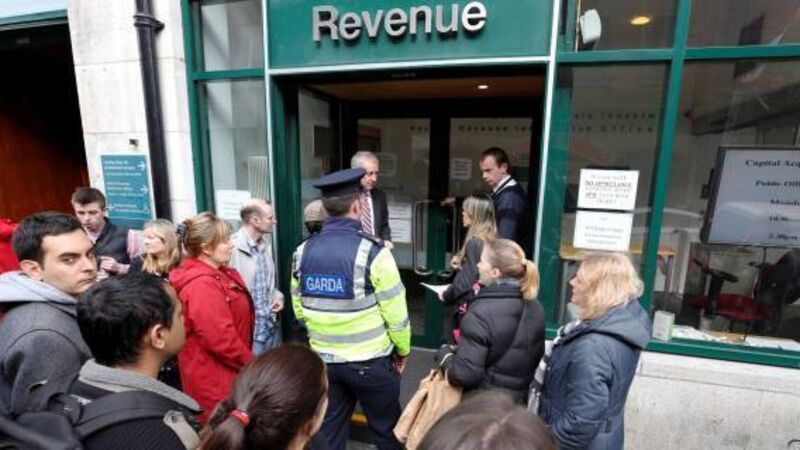Why are ordinary workers still being made to pay?

Two-thirds of all taxpayers earned only the average wage of €37,500 or less. The top 1%, who earned €200,000 or more, took 9% of all gross income. They were in the private sector. The pay cap of €200,000 should also apply to the private sector.
The top 1% would still receive 5% of the national pay cake. The 4% saved would equal €3.25 bn. The Government could channel that into the Exchequer.














